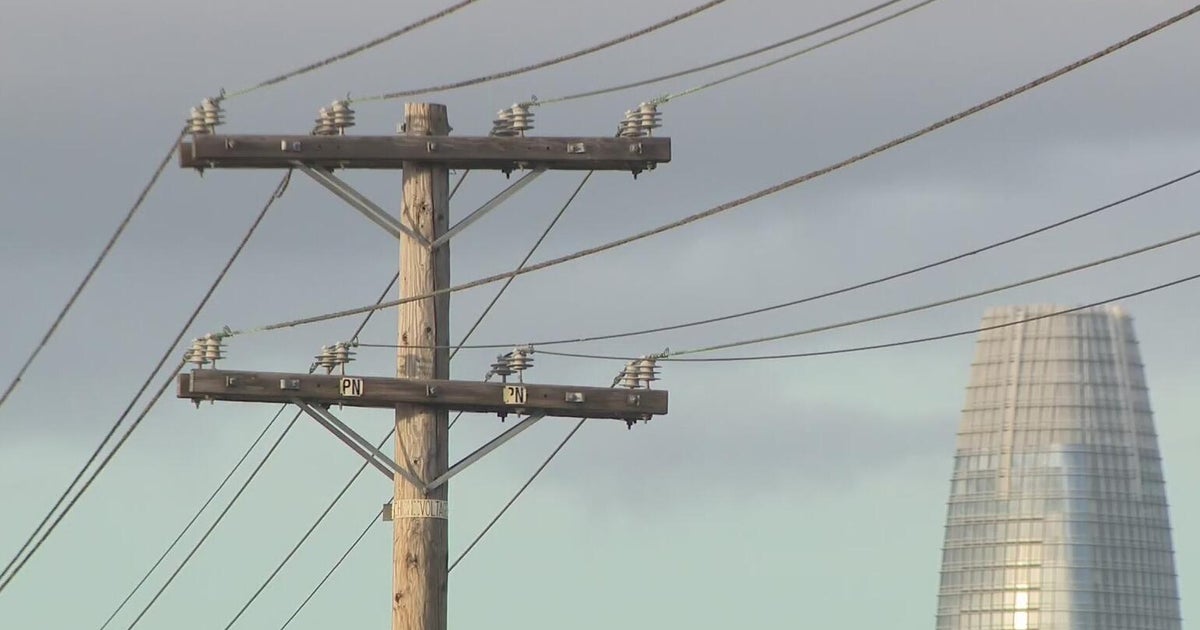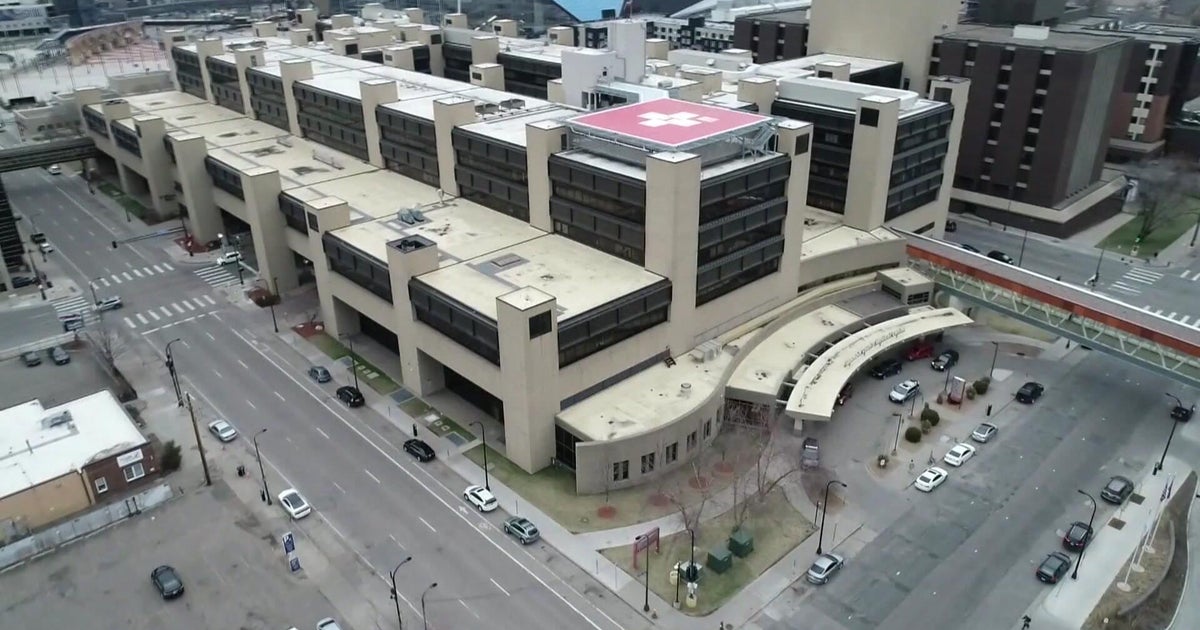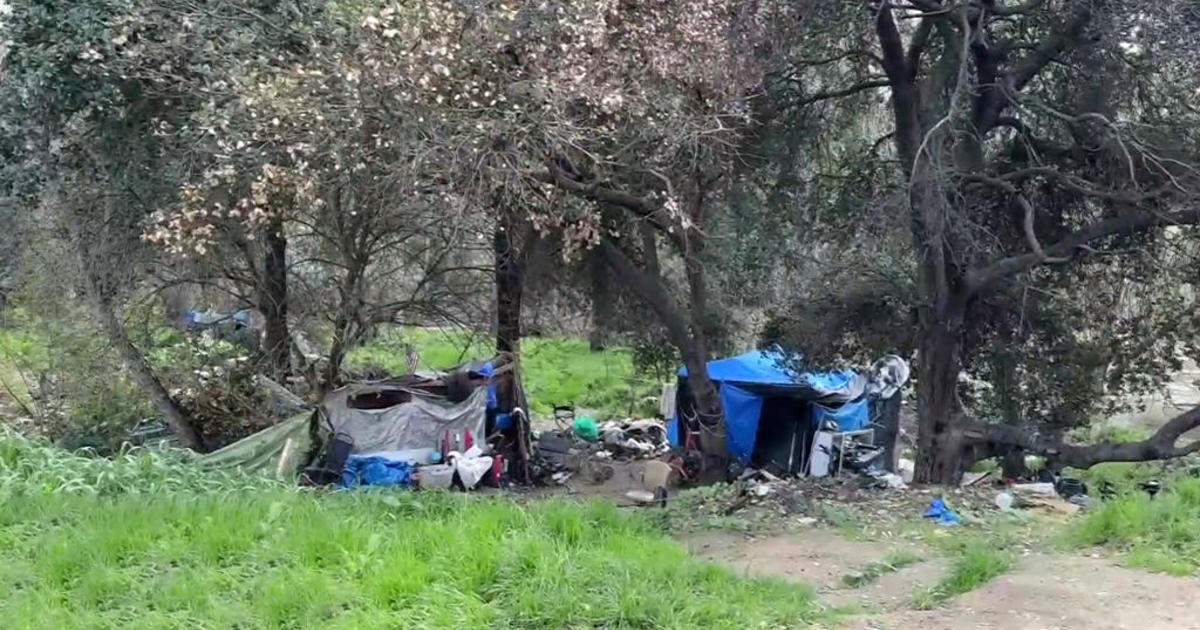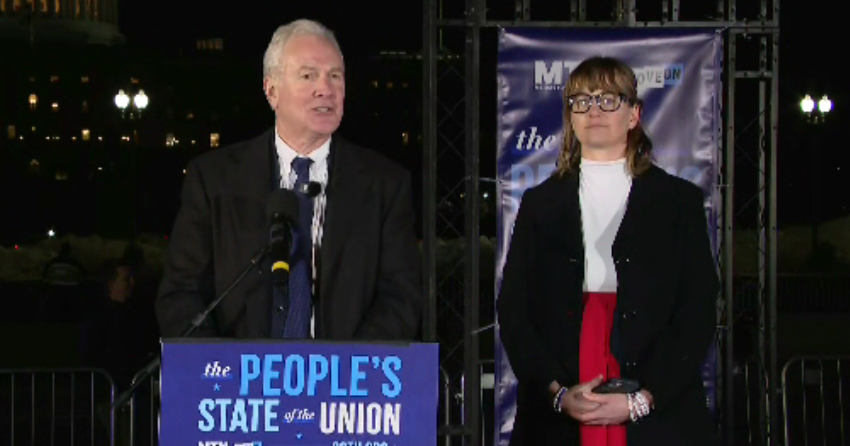Jerry Brown Taking Different Tack To Budget Crisis
Incoming Governor Jerry Brown is moving fast to jump start the budget process – and he appears to be taking a different approach than outgoing Governor Arnold Schwarzenegger.
Brown is signaling he wants to be more inclusive – by hearing from lawmakers from both parties.
Brown says he'll focus on ways to save money. One thing he won't be doing is rolling back California's Vehicle License Fee – something Arnold Schwarzenegger did on his first day in office.
Cutting the so-called Car Tax was politically popular – but it created a $5 billion budget hole from which California never recovered.
"From day one, he didn't know what he was doing," said Senator Mark Leno, a Democrat from San Francisco. The new Senate Budget Chair blasted Arnold Schwarzenegger, saying "He made the problem even worse, spending money he did not have."
Leno told CBS 13 Jerry Brown will not be spending money he doesn't have – but Brown will be holding more forums to explore potential budget solutions.
Republicans give Jerry Brown high marks for including them in the process.
"I appreciate that Governor Brown - yes he did come to the Republican breakfast, "said Republican Assembly leader Connie Conway. The Visalia lawmaker told CBS 13, "He came to our caucus. He's done a lot of outreach and I think outreach is good."
Brown has already announced he'll hire a key Schwarzenegger appointee – Ana Matosantos, as his Finance Director.
Matosantos is known around the Capitol as a non-partisan financial expert, whom both Democrats and Republicans agree, will give Brown the truth on California's budget blues.
California's credit rating is the worst of the ten biggest states, according to State Treasurer Bill Lockyer. State Controller John Chiang provided a cash update on California's finances.
Next year's forecast calls for things to get worse before they get better. Jerry Brown's office identified the following future concerns for 2011:
• It's the last year of temporary tax increases ($8.3 billion in revenue)
• One-time revenues (the sale of State buildings expected to generate $1.2 billion)
• Federal stimulus funds will be all used up
The sale of the 11 State properties could be put on hold – depending on what happens in a lawsuit filed against the State.
Either way, there are no easy solutions – only tough choices ahead.







